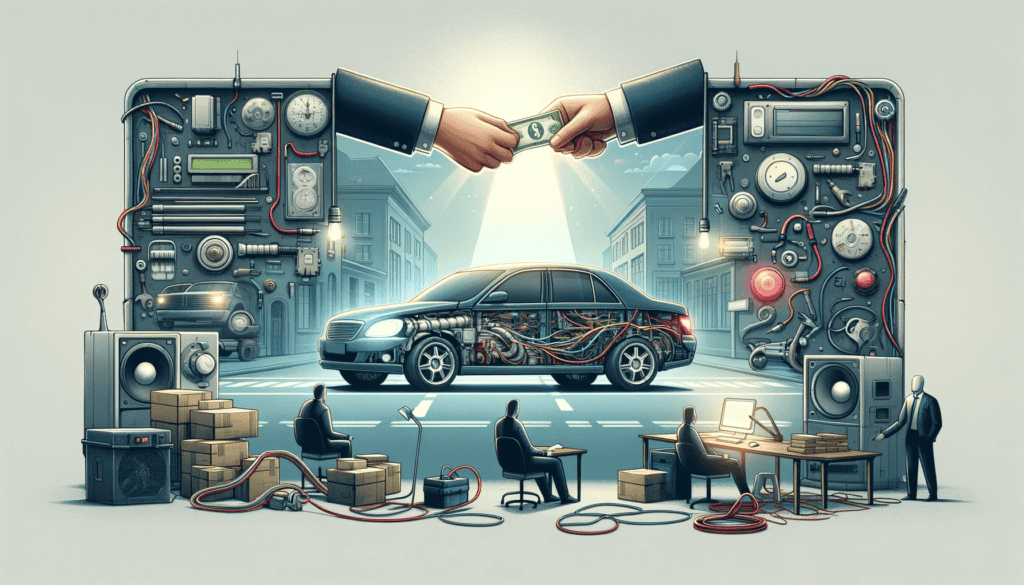
While many car owners are diligent about routine maintenance tasks like oil changes and tire rotations, there’s a critical aspect that’s often overlooked: the vehicle’s electrical system. Neglecting the electrical components can lead to severe consequences, turning a once-reliable vehicle into what might be considered junk. In this article, we delve into how electrical issues can severely impact your car’s functionality. We’ll explore the ramifications of such problems and offer guidance on addressing and preventing them to maintain your vehicle’s integrity and value.
Common Electrical Issues That Could Render Your Car Inoperable
Wiring Deterioration
A seemingly minor issue like faulty wiring can have far-reaching consequences on your car’s functionality. The electrical system in a car is a network of wires connecting various components. Any damage to these wires, often caused by wear and tear or inferior quality materials, can disrupt the entire system. This is particularly problematic in modern vehicles with numerous electronic components reliant on these connections. Wires can become brittle and burnt, leading to more significant problems. Regular inspections, especially during routine maintenance like oil changes or tire rotations, are crucial to detect and address these wiring issues early.
High Repair Costs for Electrical Issues
Electrical repairs can be expensive, depending on the extent of the damage. For instance, replacing a dead battery is relatively inexpensive, but more complex issues can be costly. Repairing or replacing a faulty starter motor can cost between $300 to $1,000, while fixing an Engine Control Module could set you back by $1,000 to $1,500. Given these high costs, many car owners may consider their vehicle a financial burden and opt to junk it rather than invest in costly repairs.
Component Failures
Apart from wiring, other electrical components like the alternator can also fail. A malfunctioning alternator doesn’t just stop at that; it can negatively impact other electrical parts, leading to a cascade of failures. In modern vehicles, which depend heavily on their electrical systems, such failures can be particularly debilitating. It’s important to regularly monitor these components and address any signs of wear or damage promptly to avoid extensive and expensive repairs.
Corrosion in the Electrical System
Corrosion is a silent yet destructive force that can wreak havoc on a vehicle’s electrical system. It can be challenging to detect, especially when it affects internal components. This issue is more prevalent in vehicles that have been exposed to floods or excessive moisture. Regular checks for corrosion, particularly after exposure to harsh conditions, are essential. If there’s any suspicion of moisture infiltration, a thorough inspection by a professional mechanic is advisable to prevent the spread of corrosion and the subsequent damage it can cause.

